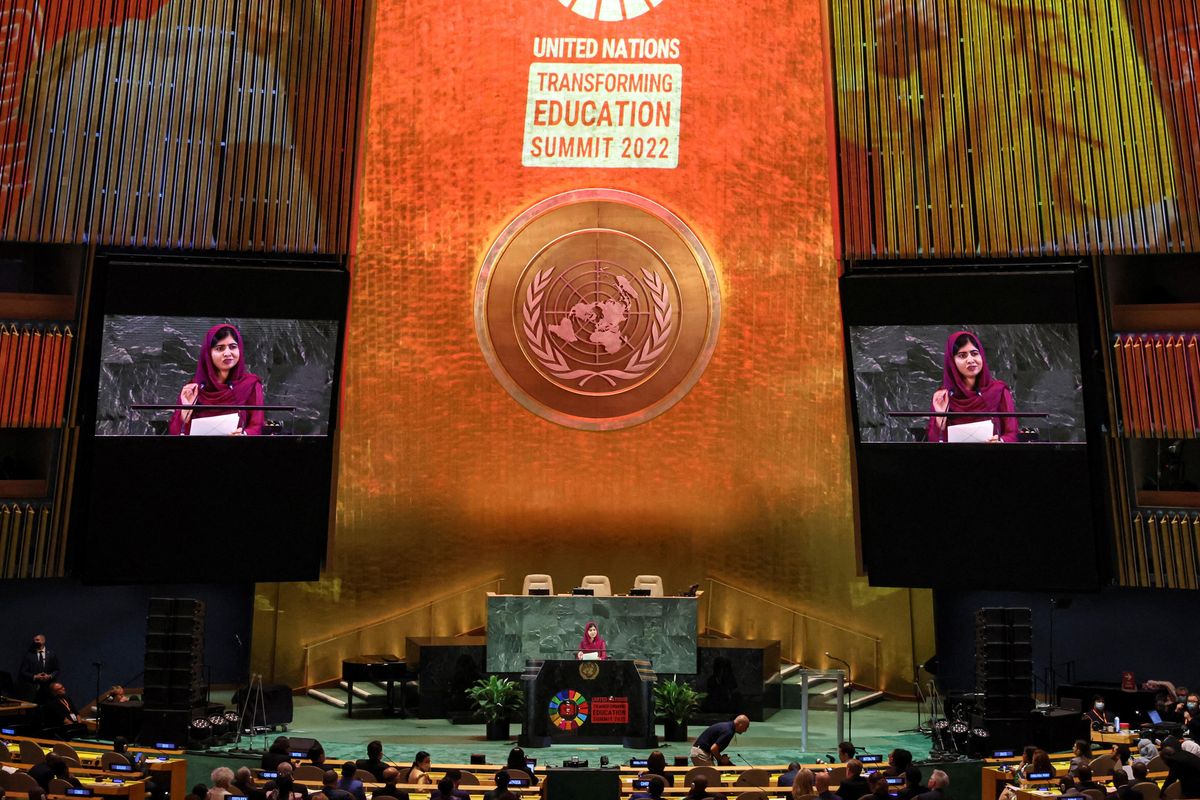UNGA high-level talks begin
World leaders are gathering at the United Nations headquarters in New York this week for the annual General Assembly. The event kicked off Monday with a summit on education. On the plus side, they’re attending in person for the first time since the pandemic began. On the down side, the world is as divided as it’s been at any time since the Cold War. An overarching item on the agenda will be the ongoing war in Ukraine — debate will focus not only on how to end the war, but also the extent to which the nations of the world are willing to hold Russia accountable for starting the conflict and for potential war crimes. A second but related issue is the ongoing global food crisis, which has been worsened by the war in Ukraine despite a recent agreement to resume grain shipments from Ukrainian ports. The UN World food program is worried food prices could continue to rise over the next five years. Third is climate change, and UN Secretary-General António Guterres has warned that “the message to world leaders is clear: lower the temperature — now.”
EU takes aim at Hungary
The European Union and Hungary have squabbled for years over the EU’s right to impose rules and values on its members. The EU accuses PM Viktor Orbán of undermining democracy, rule of law, and the independence of courts and the media within his country for political gain. A talented and avowedly “illiberal” populist, Orbán styles himself as a defender of Hungary’s traditional values against Brussels’s elites. To force him into line, the EU has one effective tool: it can withhold large amounts of cash from a member state if it can prove that corruption in the country is leading to the theft of EU funds. On Sunday, for the first time ever, the EU used this mechanism, threatening to withhold 7.5 billion euros (about 5% of Hungary’s GDP) unless Budapest takes very specific steps to crack down on corruption. The Hungarian government, already grappling with high inflation, a weakening currency, and a coming energy crisis, has so far said all the right things about its willingness to comply. On Monday, it submitted an anti-corruption bill to parliament with the promise of more to come. But on November 19, the EU Council and the 26 other EU states will decide (by a qualified-majority vote) whether to withhold or deliver the funds.








